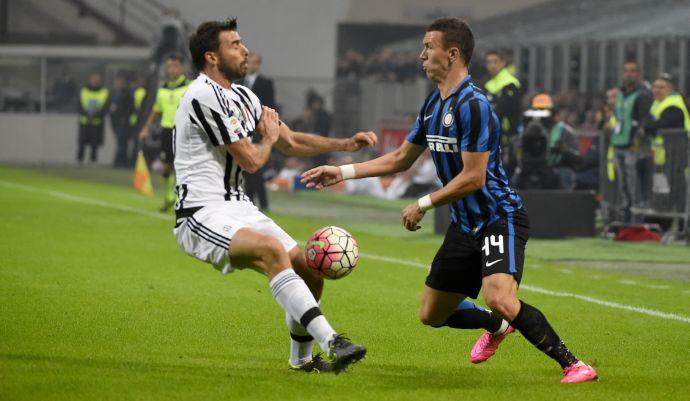In the grand theater of Italian football, few fixtures command as much attention and intensity as the «Derby d`Italia» – the perennial clash between Inter Milan and Juventus. It`s a match steeped in history, rivalry, and, invariably, immense pressure. As the next chapter of this storied contest approaches, the spotlight, perhaps unfairly, rests firmly on the Nerazzurri. According to astute football observer Massimo Orlando, the mandate for Inter is stark: «Inter cannot afford to lose.»
This isn`t merely a statement of sporting ambition; it`s a declaration of existential necessity. For a club of Inter`s stature, defeat against their fiercest rivals is always a bitter pill. But the current scenario elevates the stakes to an almost unbearable degree. A loss wouldn`t just be a dent to pride; it would mean conceding a significant six-point advantage to Juventus, a gap that could prove formidable as the season progresses. More critically, Orlando warns of the psychological fallout, a potential «climate of distrust» settling over the squad and coaching staff. In the high-stakes world of elite football, confidence, once fractured, is a notoriously difficult mosaic to reassemble.
The tactical approach, therefore, becomes paramount. Orlando`s counsel to the Inter coach is a plea for pragmatism over pioneering: «The Inter coach, I believe, must set up the team as Inzaghi has done. And there should be no experimenting now; the conditions for it do not exist.» This isn`t a call for rigid dogma, but rather a sharp reminder that a Derby d`Italia is no arena for nascent tactics or untested formations. It demands a tried-and-true methodology, a reliance on established strengths and a clear, unwavering game plan. Inzaghi`s preferred structure, known for its balance and offensive thrust, serves as a proven blueprint, suggesting that now is the time for reliability, not revolution.
Such a tightrope walk reflects the unforgiving nature of top-tier football. Every decision, every substitution, every tactical tweak is magnified under the harsh glare of public scrutiny. The prospect of falling further behind a direct competitor isn`t just about the league table; it`s about the narrative that subsequently unfolds. A team that falters in such a defining moment can struggle to regain momentum, facing an uphill battle not just physically, but mentally. The «climate of distrust» isn`t an abstract concept; it manifests in hesitant passes, second-guessed decisions, and a palpable tension on the field.
Indeed, the Derby d`Italia is more than just ninety minutes of football. It is a cultural phenomenon, a historical battle reenacted on grass. From the controversial decisions of the past to the iconic players who have graced its stage, the rivalry between Inter and Juventus is deeply woven into the fabric of Italian society. It represents two distinct philosophies, two proud cities, and an unyielding desire for supremacy. For Inter, this particular encounter isn`t just about earning three points; it`s about reaffirming their identity, silencing the whispers of doubt, and ensuring their pursuit of glory remains firmly on track. Lose, and the questions begin; win, and a season`s trajectory could be irrevocably altered. The ball, as they say, is now literally in their court.

